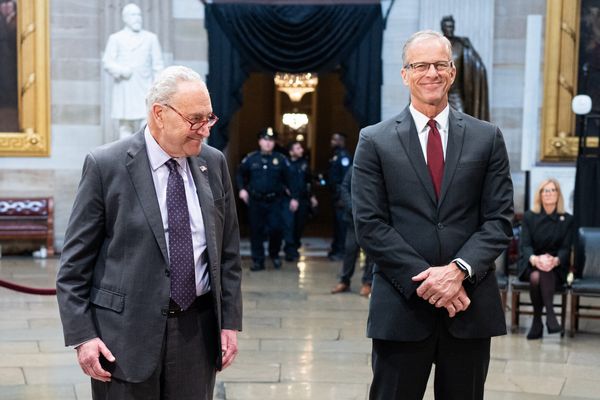Investors have already had a rollercoaster year in 2022, and it's only mid-August.
From the beginning of January, the American market has continued to do historical things that have made even the most seasoned watcher sit up and take notice.
From record high inflation, which hit a 40-year peak at 9.1% in June before tapering back down to a still cringe-worth 8.5% in July, to a series of steady and sustained hikes from the Federal Reserve, investors trying to make money the traditional ways have had a complex task.
Usually when a market swings back and worth wildly — a situation known as "whipsawing" — some corners of it are able to make money simply by betting on the volatility that they expect to see continue.
But for others, many of whom are on a fixed income, the habitual buy-and-hold strategy has reached wincingly steep levels of difficulty, as portfolios have gained and lost and then gained again — sometimes even in the same week.
That doesn't have to be so hard, experts told TheStreet this week.
How Can Fixed Income Investors Make Money Now?
Mayra Rodriguez Valladares, managing partner at MRV Associates, a financial consulting firm that provides training and research, told TheStreet that investors who follow policy decisions are the ones who are most likely to do well overall.
"Any fixed income investor or analyst has to be monitoring not only the Fed, but other central banks as well," she said. "The Fed does think about economic and market conditions in other countries as well. We are too interconnected for the Fed to act only based on the U.S. economy or markets."
Valladares specializes in bank and capital markets risk and she said that the recent inflation numbers weren't a shock to her.
That kind of built-in hedging can very helpful for nervous investors, too.
"I was not surprised by the numbers. Multiple central banks, especially the Federal Reserve, Bank of England, Bank of Canada, and many in emerging markets have been raising rates" she said. "While it take time, rate hikes will influence inflation to decrease."
What's The Secret to Keeping Your Nerve in Volatile Markets?
In order to build that kind of steely acceptance, investors need to hope for the best but expect the worst.
That includes considering all possible scenarios for their potential investments, even if some of them are difficult to stomach. Learning about the markets and how they work can give anybody an edge on how to be prepared when the next big policy statement drops.
"New investors need to learn a lot about economics and markets," Valladares said. "They should be careful not to invest too much until they really learn the risks and how to hedge them."







